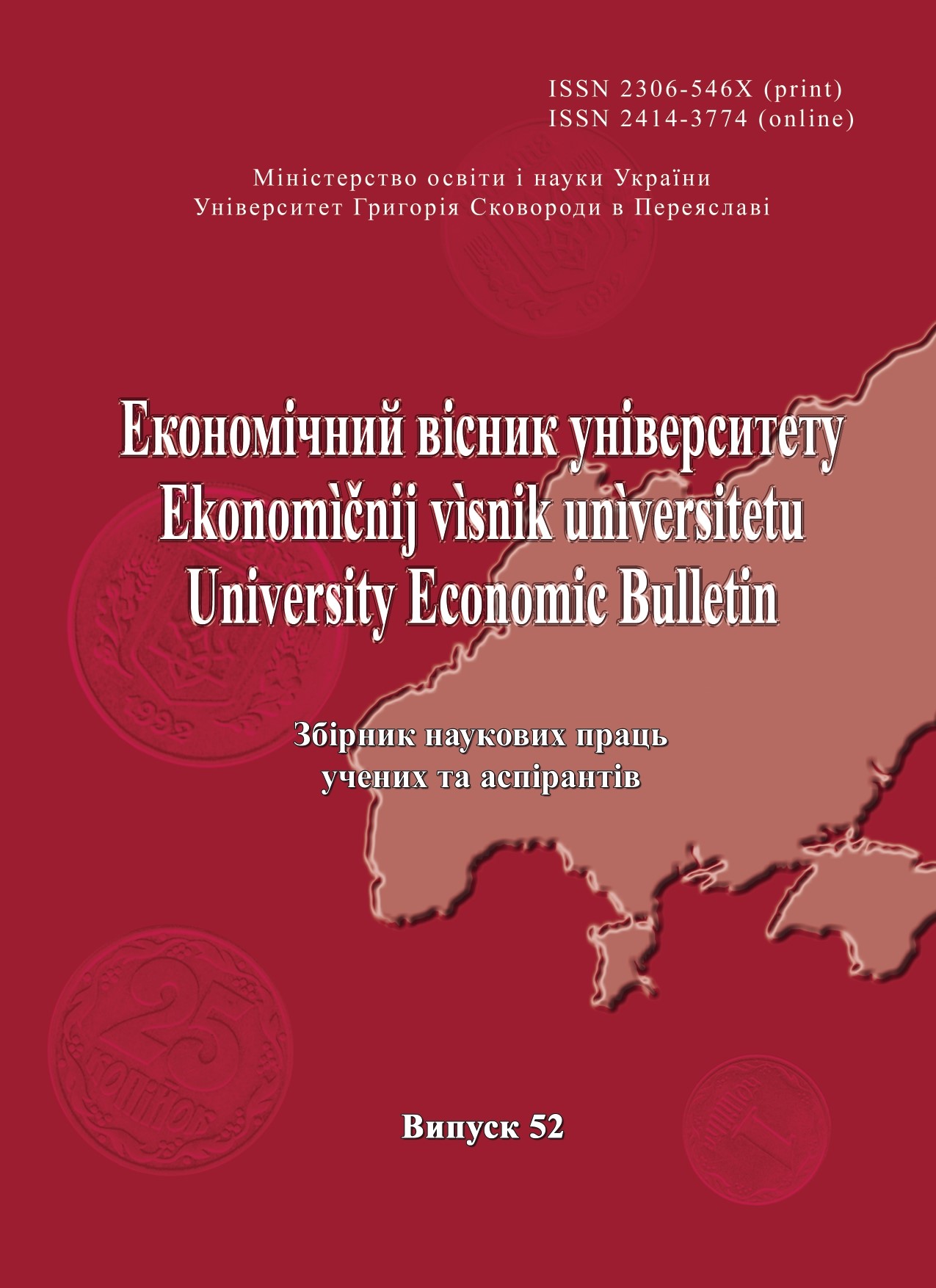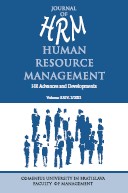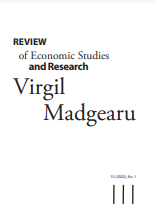
Особливості та розвиток менеджменту зовнішньоекономічної діяльності віртуальних підприємств в Україні
Relevance of the research topic. Continuous expansion of virtual networks, digitalization of all processes, transformation of global technologies lead not only to the development of new types of economic relations, but also to the logical change of traditional types of business. Formulation of the problem. The lack of a common definition of network structures management at the level of foreign economic and international activities in the digital century leads to slowing down the development of virtual enterprises in Ukraine and insufficient isolation of significant competitive advantages in the modern innovation and investment model of Ukrainian economy. Analysis of recent research and publications. To date, Timashova L., Serdyuk S., Shingur M., Amor D., Byrne JA, Brandt R., Davidow W., Malone M., Port O. have studied certain technological processes and business models of virtual enterprises, but in practice, there are no similar studies for implementation in the Ukrainian economy and no research on the management of virtual enterprises engaged in foreign economic activity. Selection of unexplored parts of the general problem. Drawing attention to the virtualization of production processes in the implementation of foreign economic activity contributes to the revision of the management strategy of the virtual enterprise to ensure its competitiveness in the long run. Problem setting, research goals. The objectives of the study are: to substantiate the key role of management of foreign economic activity for enterprises operating in virtual networks; to study modern conditions of virtual enterprises functioning; to determine the influence of the digital economy factors on the formation of management properties in them; analyze local goals and objectives of virtual enterprises in accordance with business models. The purpose of the study is a comprehensive scientific abstraction to the interpretation of the concept of "virtual enterprise engaged in foreign economic activity", and to analyze the peculiarities of the development of this network structure in Ukraine. Research methods. To achieve the goal of the article, a set of formal and informal methods of modeling and forecasting was used; operational-applied and analytical-prognostic; systemic; comparative analysis and theoretical generalization. Presentation of the main material (results of work). The article examines the conditions and functionality of creating a virtual enterprise engaged in foreign economic activity, as a new network form of online business. The expediency of creating virtual enterprises in order to intensify the process of business design and efficiency of business startups is substantiated. The main stages, goals and objectives are highlighted and the peculiarities of creating a virtual enterprise engaged in foreign economic activity are determined. Ways to accelerate the creation of virtual enterprises in Ukraine are proposed. Field of application of results: training courses in management and entrepreneurship, practical activities in business incubators to create innovative modern startups. Conclusions according to the article. The creation of Ukrainian virtual enterprises engaged in foreign economic activity will contribute to the formation of effective business design and development of intellectualization and digitalization of production, integration of resources, a transformation of global technologies in the Ukrainian market. Virtual enterprises of national origin have all the prerequisites and opportunities to enter foreign markets through cybersecurity and coordination of global business models and business processes, taking into account all existing risks.
More...




